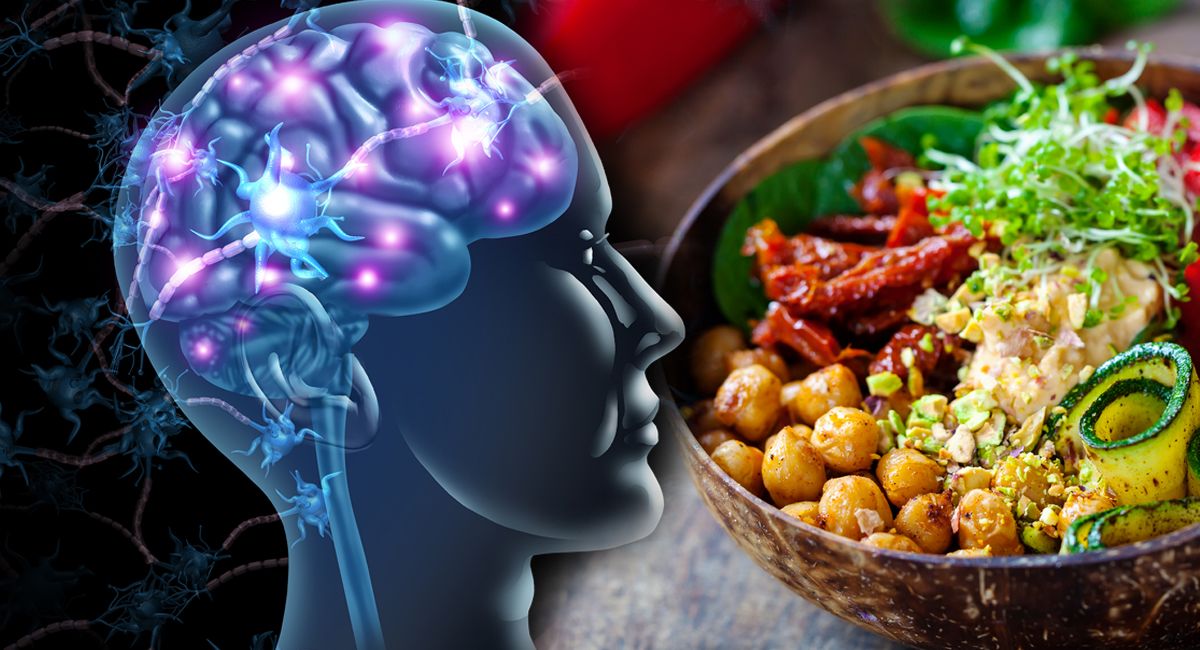
Eating more plant-based foods—including chickpeas, lentils and peas—lowers your risk of multiple sclerosis (MS).
The legume family is rich in isoflavones, a phytoestrogen that helps stimulate gut bacteria that seems to protect against the disease.
MS sufferers are low in the bacteria that breaks down the isoflavones, and an unhealthy gut microbiome is increasingly being suspected as being a trigger for the disease.
The bacteria can certainly protect against MS, say researchers from the University of Iowa. And it’s possible that a therapy that includes dietary isoflavones with the metabolizing gut bacteria could even treat the condition.
It’s early days. The researchers observed the impact on laboratory mice, but it needs to be tested on people. They discovered the bacteria suppresses inflammation, and the isoflavone-rich diet protected the mice. But when the bacteria were taken out of the mice’s guts, the isoflavone diet on its own didn’t give any protection.
Earlier human trials by the university have established that MS sufferers lack the bacteria that works on isoflavones while healthy people have large amounts of the bacteria. So it’s hoped that eating more legumes, including lentils, chickpeas, peas and beans, could stimulate the bacteria back to life.
MS is an autoimmune disease of the brain and spinal cord where the protective coating surrounding nerve fibers is attacked. Muscle weakness, imbalance and sight and thinking problems are common.
(Source: Science Advances, 2021; 7: eabd4595)